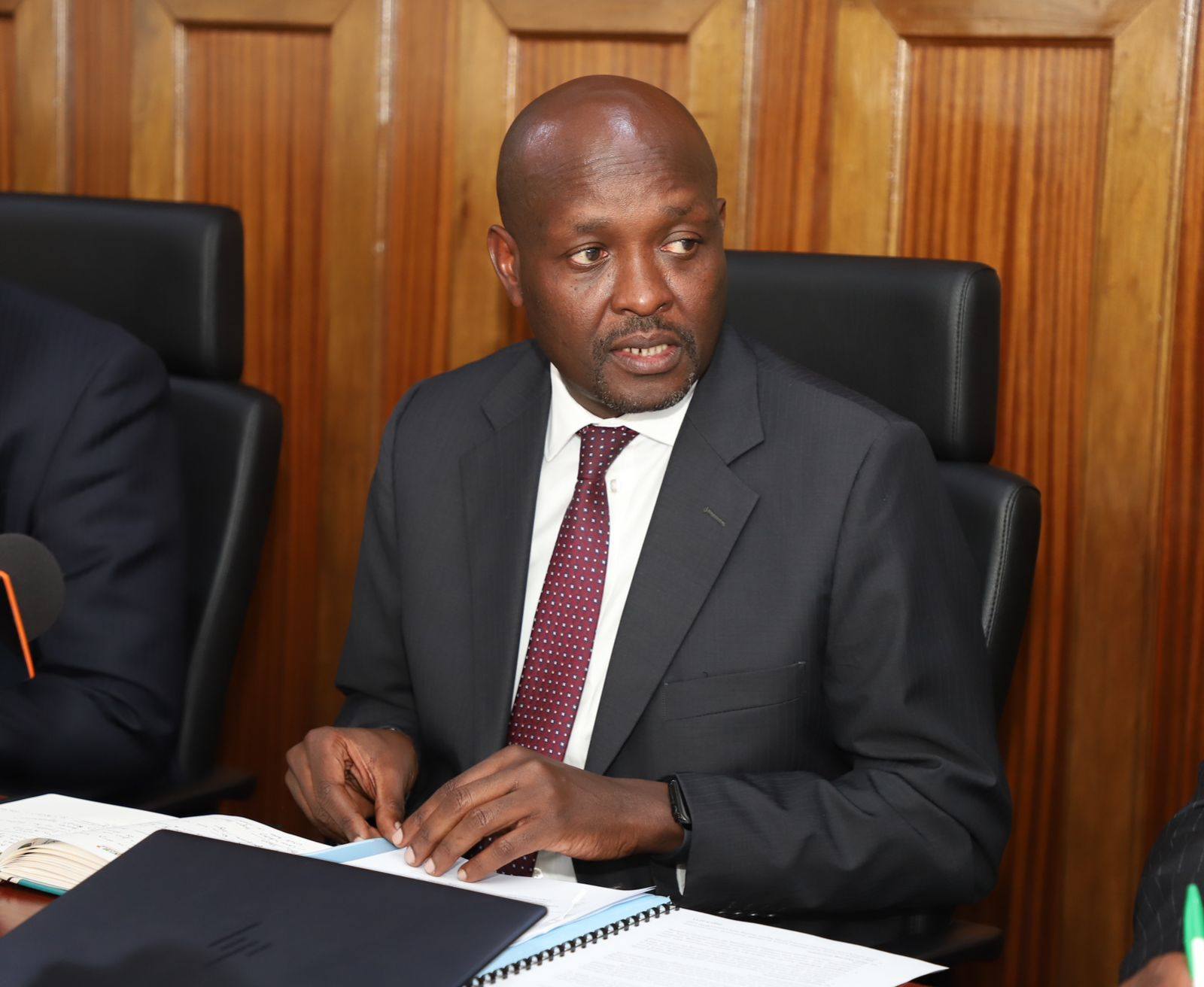The Higher Education Loans Board (HELB) has written off Sh347 million in student loans after confirming the deaths of 2,605 loanees during the 2024/25 financial year. The move follows a successful verification exercise conducted in partnership with Civil Registration Services, enabling HELB to reconcile its records under the Student Self-Protection Scheme.
Appearing before the National Assembly’s Committee on Education, HELB officials said the write-off was part of a broader effort to clean up its loan book and improve recovery performance. In the same period, the board collected Sh5.21 billion, marking an 11% increase from the previous year’s Sh4.71 billion.
HELB CEO Geoffrey Monari attributed the gains to enhanced collaboration with the Kenya Revenue Authority (KRA) and the Public Service Human Resource Information System (HRIS), which helped trace 11,600 loanees, yielding Ksh42 million in recoveries.
ALSO READ:
HELB faces critical funding shortfall, impacting 163,488 students
The board also intensified field operations, conducting employer audits and inspections that identified 17,647 defaulters. These efforts led to the recovery of Sh285.21 million through enforced payroll deductions.
To improve service delivery, Monari said that HELB has rolled out digital self-service portals for students and employers. The platforms allow users to access loan statements, make repayments, and download compliance certificates. “These platforms have significantly improved user experience, reduced walk-in traffic, and enhanced transparency,” HELB noted.
Looking ahead, Monari said the board plans to introduce an Income-Contingent Repayment (ICR) model, which will align repayment obligations with borrowers’ income levels. This approach is expected to ease repayment pressure, especially for graduates in low-income or informal employment.
ALSO READ:
Education committee questions Universities Fund over mounting billions owed
“HELB is proposing policy reforms that would link loan compliance to public procurement and professional licensing. Under the plan, defaulters may be barred from securing government contracts or renewing licenses unless they are up to date with repayments.” He said.
To expand coverage in the informal economy, HELB intends to roll out flexible repayment options, including daily and weekly instalments tailored to irregular income streams.
Additionally, the board is ramping up its diaspora recovery programme, leveraging diplomatic channels and strategic partnerships to improve compliance among Kenyans living abroad.
The board says its evolving recovery strategy is key to sustaining student financing amid rising demand and economic challenges.
By Masaki Enock
You can also follow our social media pages on Twitter: Education News KE and Facebook: Education News Newspaper for timely updates.
>>> Click here to stay up-to-date with trending regional stories
>>> Click here to read more informed opinions on the country’s education landscape






